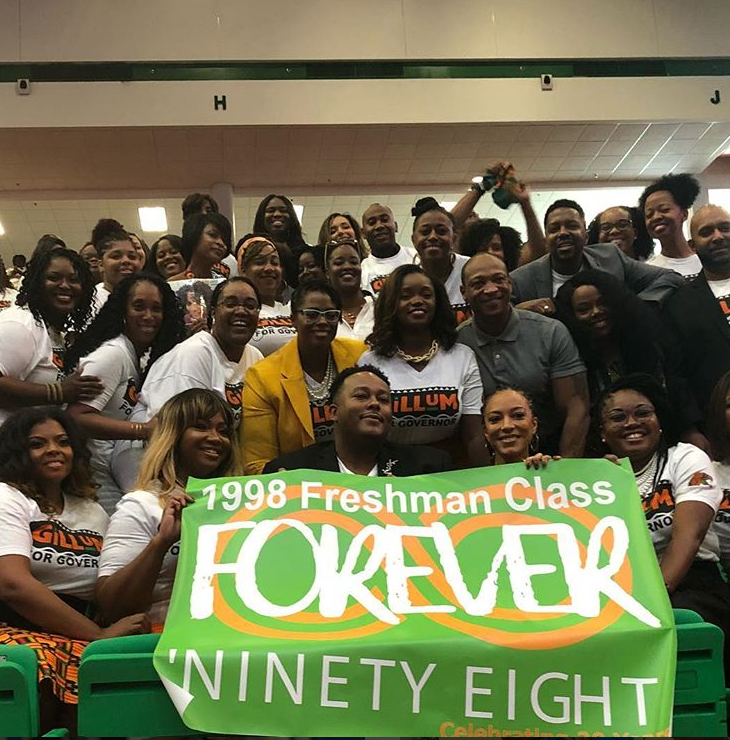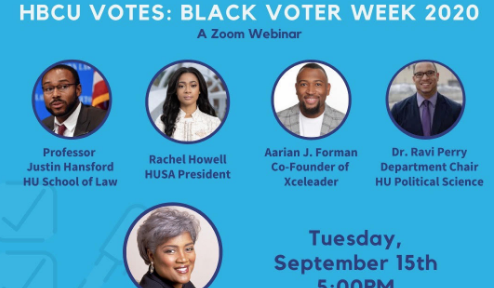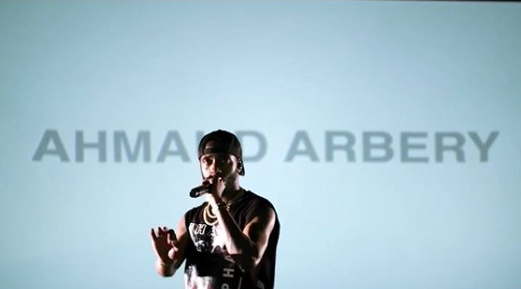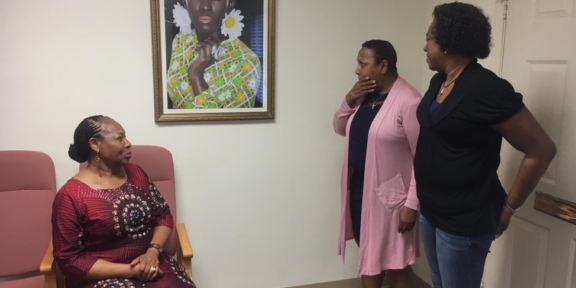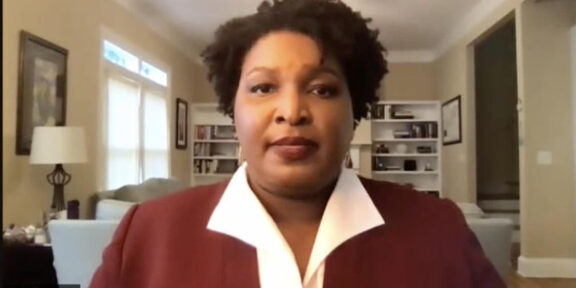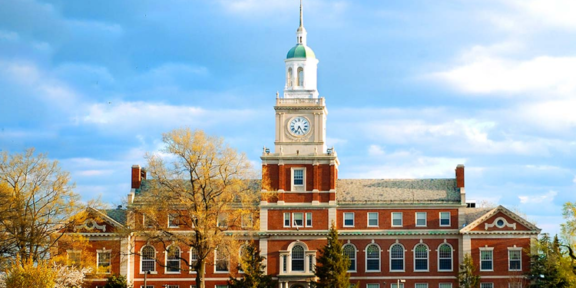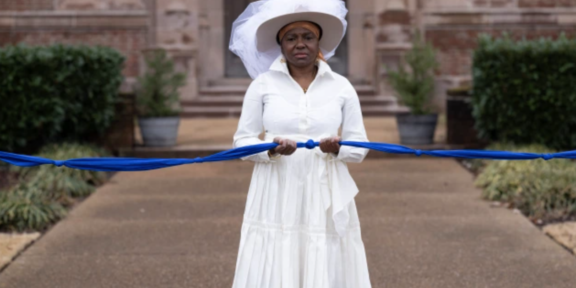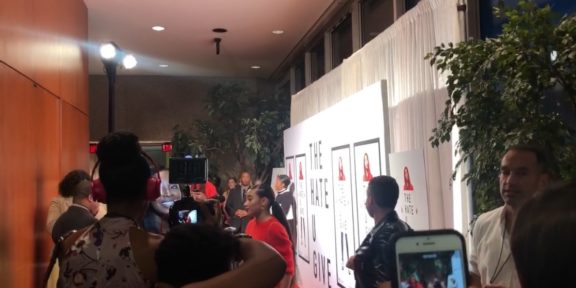TALLAHASSEE, Fl. – As Florida’s gubernatorial race tightens before Tuesday, Florida A&M University (FAMU) students remain a unique voting bloc. Across the university’s campus, a number of Rattlers feel especially compelled to vote in this election because one of their own, Andrew Gillum, is on the ballot.
Over the past few months FAMU student leaders have hosted marches, rallies and panel discussions encouraging their peers to participate in the political process. While the university cannot formally endorse a candidate, because they are state-funded, campus leaders feel that simply educating their peers about the importance of their vote is crucial, regardless of who they decide to cast it for.
“We’re really just trying to inspire students to go out and vote in mass numbers,” said David Jackson, FAMU’s 2018-2019 Student Government Association president. “And [SGA] is making it as easy as possible for our students to do that.”
Last Friday, FAMU and Florida State students collaborated for a march that began at the center of FAMU’s campus. The event was coordinated in an effort to stoke excitement among capital city college students—a number of whom are voting for the first time—and influence them to vote early. Andrew Gillum also participated in the event, marching alongside students and fellow politicians to a nearby early voting rally at the Florida State law school.
“When we vote, we win,” Gillum said to the group of students who had been chanting the phrase earlier. “As much as I love being the Mayor of Tallahassee and the capital city, the next time I greet you I hope it’s as the governor of Florida.”
Gillum graduated from Florida A&M in 2003 and served on Tallahassee’s City Commission during his senior year. He remained in this position for 11 years before being elected Mayor of Tallahassee in 2014. If elected governor, Gillum would be the first black person to hold the office in Florida’s history—a major boost to FAMU’s legacy, already known for cultivating black leaders (other notable alumni of the university include Keisha Lance Bottoms, Mayor of Atlanta and Joseph Hatchett, the first African-American Florida Supreme Court justice). Gillum would also be the first FAMU alumnus elected governor of a state, making him one of the highest-ranking graduates in the university’s 131-year history.
The mayor’s love for his alma mater, known among friends and alumni as the college of love and charity, has played out on the national stage, most recently in his back-and-forth with president Trump on Twitter.
p.s.
Mr. @realDonaldTrump, I am a graduate of THE Florida Agricultural & Mechanical University (FAMU) — an HBCU founded on October 3, 1887. Google it. 🐍 https://t.co/I8uOokptJA
— Andrew Gillum (@AndrewGillum) October 30, 2018
However, some apathy remains among students who feel that they do not know enough about the candidates and issues to confidently cast their vote for Gillum.
“All of us want to support him because he is a FAMU alum, but at the same time it’s not like we see what his policies are,” said Salama Brooks, a FAMU junior. “We just don’t know what he’s about.”
Brooks said she plans to cast her vote on Election Day. A number of professors have cancelled their classes to make sure that their students vote.
For some students, though, Gillum’s high-profile campaign is less about good publicity for their shared university and more about applying pressure on current students who may be reluctant to get involved.
“I just want to see more students getting out to vote,” said Anthony Bell, a junior at FAMU.
“People forget that a voteless people is a hopeless people. This is something that our ancestors died for.”
Gillum is running against Republican Ron DeSantis. A recent poll from Reuters and the University of Virginia shows Gillum leading by six points over DeSantis with a 3.4-point margin of error.

